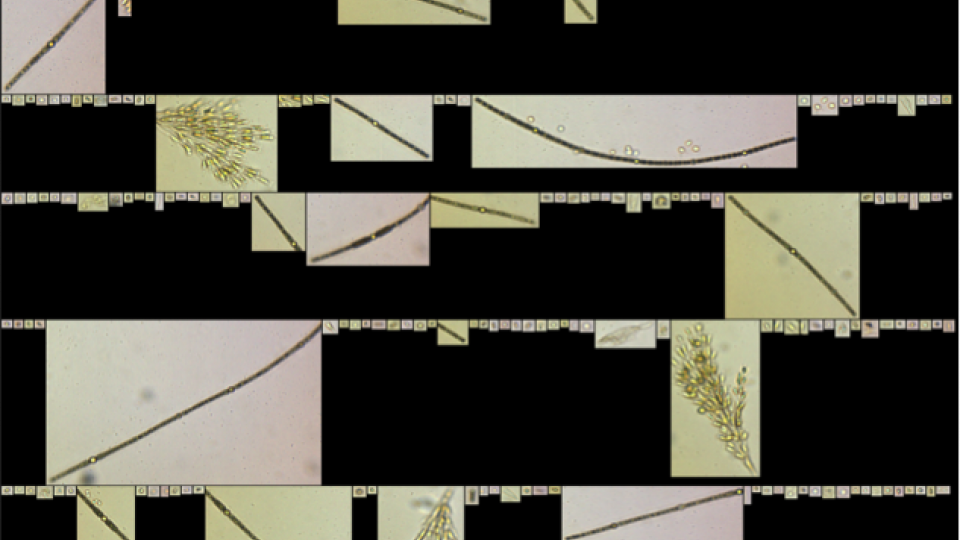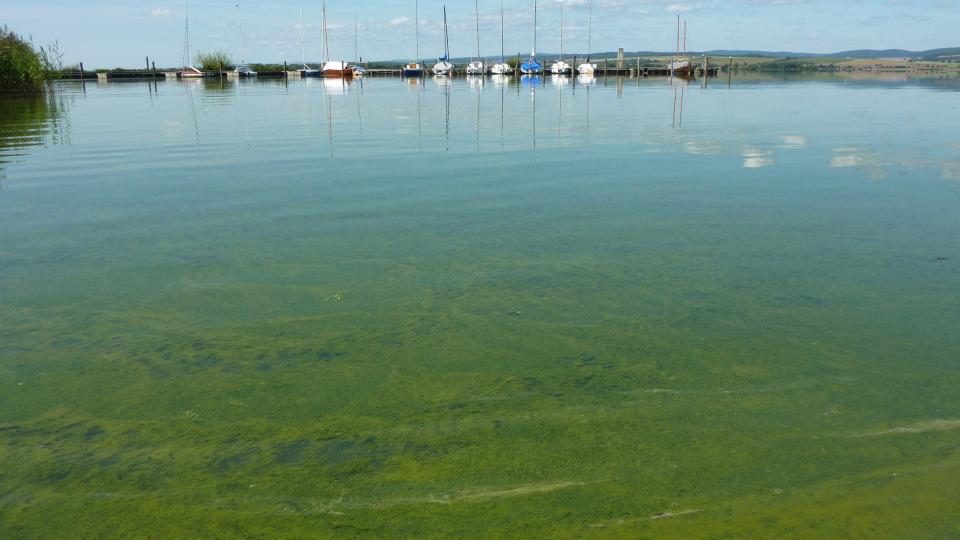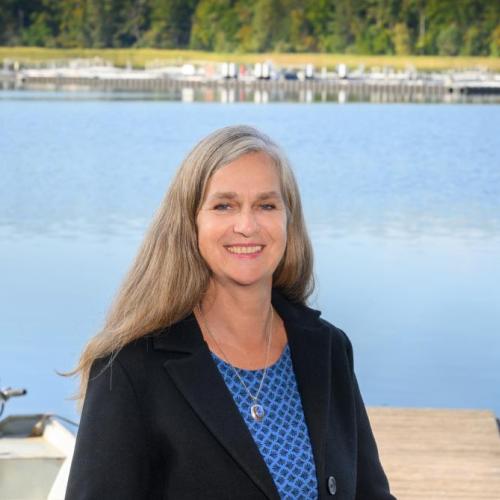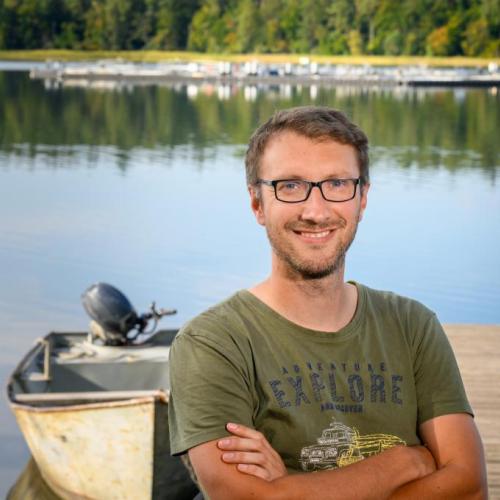AQUA-KI
Short profile
Duration

Bluegreen algae bloom in a reservoir. | Photo: Stella A. Berger/IGB
In order to enable sustainable water management in response to a rapidly changing environment, it is important to understand the key role of microorganisms in aquatic ecosystems. But, so far there is no suitable method to examine microorganisms in sufficiently high spatial and temporal resolution in their natural environment. As a result, important information is missing to understand the complex food web interactions and thus to be able to detect changes in these ecosystems at an early stage in order to take appropriate measures in good time. To solve this ecological challenge, our recently established interdisciplinary research team will combine the expertise of artificial intelligence (AI) with novel ecological approaches to make the "invisible" visible.
Recent advances in underwater microscopy and high throughput optical instrumentation combined with rapid AI-assessement have made it possible to develop and apply automated microorganism detection systems in situ and in the laboratory. The key technologies to be examined are "one-shot learning", "metric learning" and "active learning". The AQUA-KI project aims to make a significant contribution towards solving socio-ecological challenges, especially in the context of the Sustainable Development Agenda 2030. It will be examined to what extent the AI methods may contribute to solving current socio-environmental challenges, in particular within the framework of the Sustainable Development Agenda 2030. Specific future applications for exploiting the results would be e.g. early warning systems that detects harmful species or contamination of water by particles.
Please find more about the project on the website of Zukunft – Umwelt – Gesellschaft (ZUG).

Flow-Cam microphoto collage of phytoplankton. | Photo: Stella A. Berger

3D Cluster analylsis of plankton species.

Bluegreen algae bloom in Lake Stechlin. | Photo: Jens C Nejstgaard

Bluegreen algae bloom in reservoir. | Photo: Stella A Berger
Bundesministerium für Umwelt, Naturschutz und nukleare Sicherheit (BMU) – Zukunft – Umwelt – Gesellschaft (ZUG), Förderlinie 1 „KI für den Umweltschutz“
Presse release of the BMU: Mit künstlicher Intelligenz zu mehr Klima- und Umweltschutz




